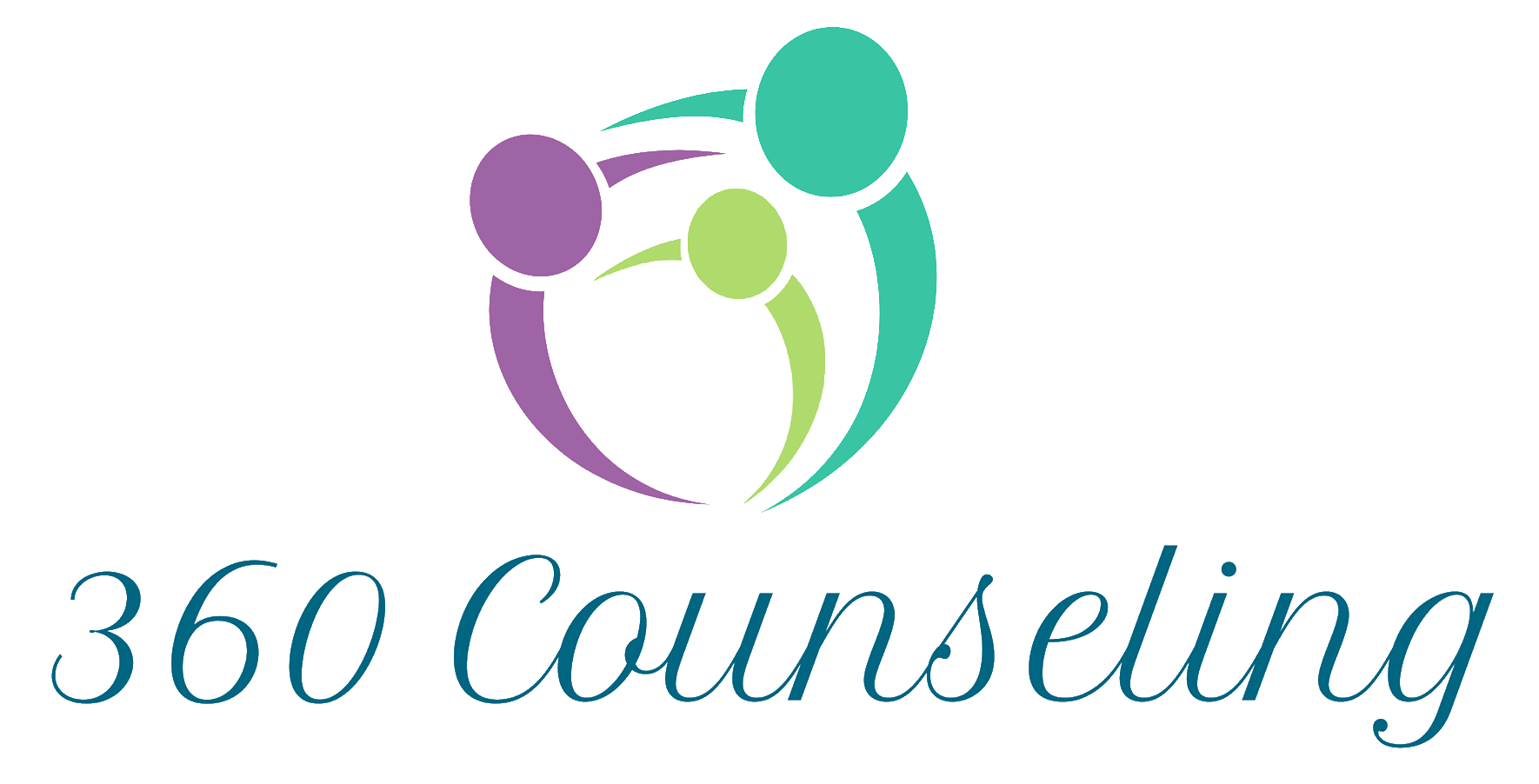Journaling for Mental Health: Unleashing Your Thoughts and Emotions
In a fast-paced and often chaotic world, it’s no wonder that many individuals struggle with their mental health. The pressures of work, relationships, and personal expectations can build up, leading to stress, anxiety, and other mental health challenges. However, amidst this turbulence, there is a simple and powerful tool that can help alleviate these burdens: journaling.
Journaling is the act of writing down your thoughts, feelings, and experiences in a private notebook or diary. It is a personal and introspective practice that allows you to unleash your thoughts and emotions onto the pages. Although it may seem like a simple activity, the benefits of journaling for mental health are profound and have been recognized by psychologists, therapists, and individuals alike.

A pretty teenaged girl writes into a journal with interest while sitting cross legged on her bed.
One of the primary advantages of journaling is its ability to serve as a form of self-expression. Often, we find it difficult to communicate our deepest thoughts and emotions with others. Journaling provides a safe space where you can freely express yourself without fear of judgment or misunderstanding. By putting pen to paper, you can articulate your feelings, concerns, and triumphs in a way that may not be possible through verbal communication alone.
Through journaling, you gain a deeper understanding of your own emotions and thought patterns. It helps you become more self-aware and encourages introspection. As you write, you may uncover hidden patterns, recurring themes, or triggers that affect your mental well-being. This insight allows you to identify negative or harmful patterns and work towards changing them. Journaling can help you recognize and challenge negative thoughts, which is an essential step in managing conditions such as anxiety and depression.
Moreover, journaling can serve as an effective coping mechanism for dealing with stress and overwhelming emotions. It provides a healthy outlet for processing difficult experiences and releases pent-up feelings. When you write about your challenges and setbacks, you gain a new perspective, and it becomes easier to find solutions or alternative ways of thinking. Journaling helps you externalize your problems, making them feel more manageable and less overwhelming.
Another notable benefit of journaling is its positive impact on emotional well-being. It has been shown to reduce stress levels, improve mood, and increase overall psychological well-being. By regularly engaging in journaling, you create dedicated time and space for self-reflection and self-care. It becomes a cherished moment of self-compassion, where you can nurture your inner world and prioritize your mental health.
There are various approaches to journaling, and you can find a style that suits you best. Some people prefer to write stream-of-consciousness, allowing their thoughts to flow freely without judgment or structure. Others may benefit from prompts or specific writing exercises that target certain areas of their life, such as gratitude journaling or goal setting. Experimenting with different techniques can help you discover what works best for you and maximize the benefits of journaling.
To start journaling, all you need is a notebook or journal and a pen. Set aside a few minutes each day or whenever you feel the need to express yourself. Find a quiet and comfortable space where you can write without distractions. Remember, there are no rules or expectations in journaling. It is a personal and intimate practice, so let your thoughts and emotions guide you.
In conclusion, journaling is a powerful tool for enhancing mental health and well-being. It provides a safe outlet for expressing your thoughts and emotions, enhances self-awareness, and offers valuable insights into your own psyche. By incorporating journaling into your daily routine, you can develop a deeper understanding of yourself, manage stress more effectively, and foster a positive mindset. So, grab a pen and paper, and embark on a transformative journey of self-discovery through the power of journaling.

Leave a Reply